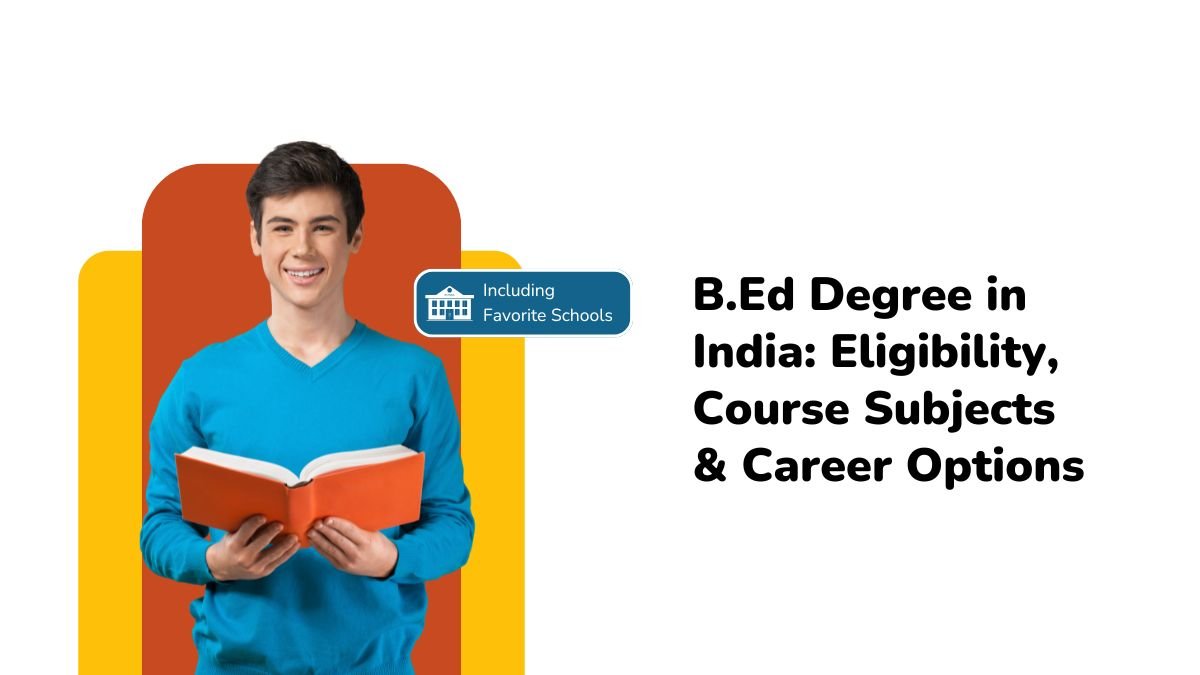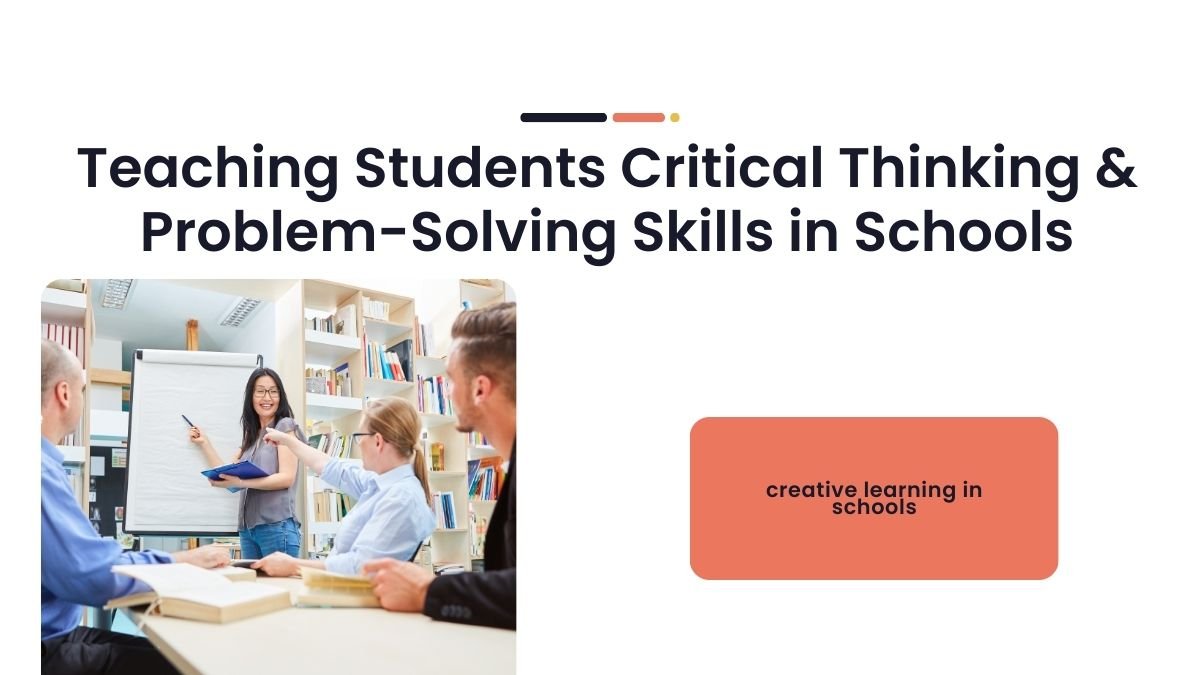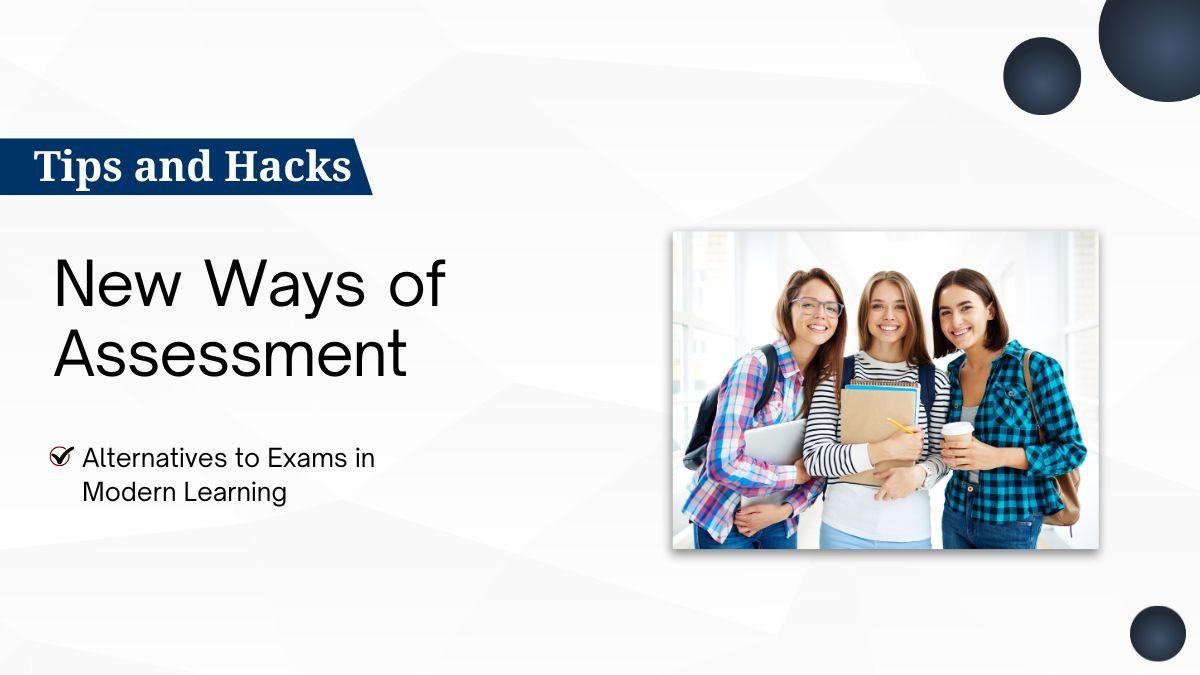A B.Ed. is a bachelor’s degree in education and is significant.
In this modern world, it is not enough just to know a subject and dream of becoming a teacher. A good teacher should also know how to teach, explain and put children into learning relationships with them. Therefore, the B.Ed. (Bachelor of Education) course was designed.
The B.ED course is for aspirants who want to become teachers from the primary grades (1 to 5) to secondary grades (6 to 12). In fact, you will find almost all schools and educational institutions calling for B.Ed degrees now and then.
Duration and Importance of a B.Ed. Course
A B.Ed. degree may last for one to two years and course duration may vary with different universities and states. During this course, they are taught that the work of the teacher does not merely consist in teaching kids from books but in developing their personality and mental understanding and life skills.
With the understanding of thinking in children, a teacher will be able to guide their careers in the right path.
The education is not just about remembering books.
“What a child needs to know is not found in books” but rather in “lead[ing] him to light.” These skills and more are taught in depth in the B.Ed. course.
What does B.Ed. course offer?
The B.Ed. syllabus handles both theory and practice, implying that it is learned from books and real experiences in a classroom.
- Pedagogical Content Knowledge from this section on how to teach areas of study. For example: mathematics is taught in an entirely different method as compared to Hindi or history. In mathematics, practice is very important while in Hindi, we can inculcate understanding by the use of stories and examples. In B.Ed, students learn which techniques will be easier and more effective in teaching a particular subject.
- Education Psychology This subject just simply explains how children think and mindsets differ with age. Younger and older children are different in what they learn. For example, the child’s play has a greater influence on a typical 1st grader, while a 10th grader concentrates on logical questions. Here, learners discover how it is impossible to teach effectively without understanding children’s mindset and behavior.
- Curriculum Development The program includes how to plan learning according to age and needs of children. Children learn addition and subtraction in first grade, while algebra will be taught later. Subject and topic introduction must also be captured at the right time and in proper delivery.
- Teaching Methodologies Every child learns in a different style. Some may learn best by listening and others by watching, while others learn through action. This is where teaching different methods came under the B.Ed program such as lecture methods, group work, project-based learning, drama or role-play, etc. For example: Instead of just plain learning about an event in history, if it’s acted out by children, it will stick with them a lot longer.
- Classroom Management A very good teacher not only provides instructions but creates a positive environment in the classroom. It also teaches the ways to come up with an environment that comprises of discipline within children. It tells how to cultivate interest in studies as well as maintain orderliness in classrooms.
- Educational Technology This is digital education today in the making. From smart classes and projectors to online platforms and e-content, the lists become all the more endless. B.Ed course students are taught how to develop and integrate educational technologies into their studies to improve learning.
Eligibility Criteria for B.Ed.
- Degree Qualifications: The candidate must have a Bachelor’s or Master’s Degree from a recognized university.
- Marks: Grade: Generally, 50-55 percent marks in Graduation (relaxations are available for reserved categories).
- Subject Specialization: Some students choose a specialization according to their respective UG subjects: Mathematics, History, English, etc.
- Entrance Exam: Many universities conduct entrance exams, which include questions on general knowledge, reasoning, and teaching aptitude.
Why Pursue a B.Ed. Degree?
B.Ed. is indeed a degree that constitutes a great weapon in molding one’s future. Many avenues are available to one after completing it:
- Teacher: Primary, Secondary, or Higher Secondary School (Government or Private) Teacher
- Educational Administrator: Principal, Vice-Principal, or Head of Department (HOD).
- Curriculum Developer: Developed Books, Workbooks, Digital Content, and Syllabus Curriculum.
- Educational Consultant: Provides advice to school or government bodies on ways to improve educational systems.
- Private Tutor: Professional, personalized data.
- Educational Content Creater: Create educational content for YouTube, mobile apps, or online platforms.
Why is a B.Ed. Needed?
“Why can a person with a bachelor’s degree not teach?” is a question every layman asks.
This happens because a teacher’s job is not just opportunity but the opportunity to give the right education.
Benefit of B.Ed.:
Learns to understand those unique needs of each child. Increases confidence and teaching skills. Good job opportunities rise, and indeed, this is the case for government schools.
A great deal of respect as well as prestige is earned in the education scenario.
For society and the country Importance
B. Ed does not limit its scope to make a career, but it also changes the whole society.
- An excellent teacher creates a good generation.
- Thereafter, that generation brings the country’s directions forward.
- Simply teaching children the books will not make society progress further.
When teachers do this, however, they teach to think, to question, and to make informed decisions, the whole country will progress.
Conclusion
B.Ed. course not only enhances career opportunities but contributes significantly in social development by improving societies.
- If you love children and want to teach,
- If you are patient,
- If you want to change things for the better in society,
then B.Ed is the perfect option for you. It is a good course not only on the employment road but also in shaping you to become a true mentor in shaping your future.









